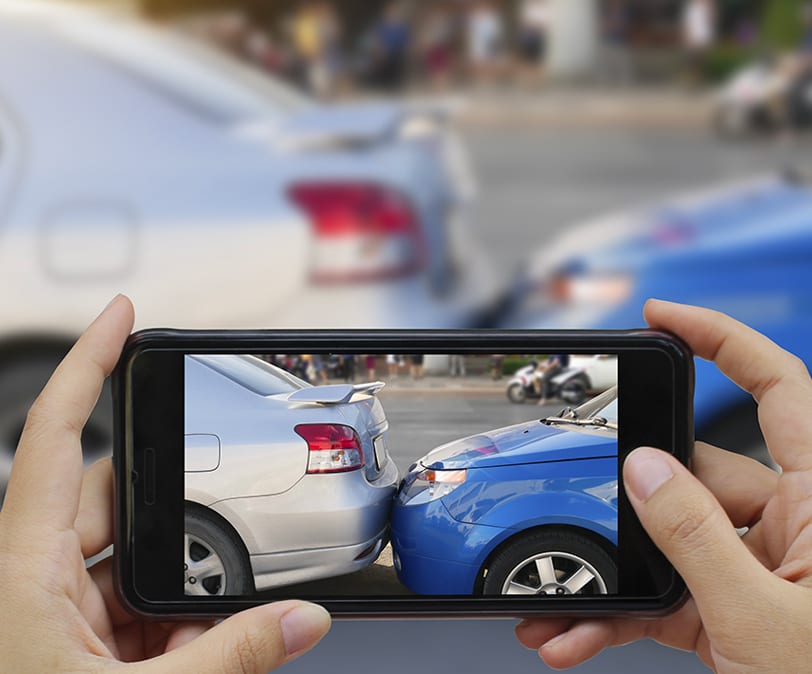Whether you’re on the road all day or only drive to the grocery store – there’s a right auto insurance out there for you. And in case of an accident, theft or other covered incident the right auto insurance will get you back on the road quickly.
At HIA we “go shopping” for you at dozens of automobile insurance carriers.

Many carriers offer to write your insurance policy in just a few minutes. Some even allow the consumer to write their own policy even though the terms used and the coverages offered are not completely understood by you the buyer!
Talking to a licensed insurance agent is the most important part of you getting the coverage that will protect you in the event of an accident or claim! Our team at HIA will get to know your full situation and make sure that we provide you with answers to your questions, and coverage that will help you sleep better at night!

An insurance policy is a contract between you and the insurance company. You pay a premium, and in exchange, the insurance company promises to pay for specific car-related financial losses during the term of that policy. As your broker, we will determine the best coverage for you, and make sure that this contract is explained to you and executed by your carrier.
There are many different types of coverage, but your policy can also provide protection against uninsured or underinsured motorists, medical and legal expenses resulting from injury, loss of life, or property damage caused by an accident involving your vehicle.
Auto insurance requirements vary by state. In some states, to drive you must carry:
Even in states where coverage isn’t required, drivers must, by law, be able to pay for losses they cause to others. Having insurance is the simplest (and less expensive in the long-run) way for most people to comply.
Liability coverage includes both bodily injury and property damage liability and is required in most states. Basically, if you cause an accident, hurt someone or damage someone’s property, it can pay for covered damages and to defend you if a lawsuit results.
Comprehensive coverage helps pay for damage to your vehicle that is not caused by a collision. For example, theft, vandalism, hitting a deer or other animal, storms and certain natural disasters.

Collision coverage helps pay for damage to your vehicle if your car hits another car or object, gets hit by another car or if your vehicle rolls over. This coverage is generally required if your car is financed or leased.
Uninsured/underinsured motorist coverage can help pay for damages and medical costs resulting from an accident caused by someone who has no insurance or inadequate insurance coverage.
Your car insurance deductible is the amount you’ll be responsible for paying towards the costs due to a loss before your insurance coverage pays. The lower the deductible, the less you’ll pay out of pocket if an incident occurs. If you select a higher deductible it may lower your car insurance premium. But it is important to choose a deductible you can afford in the event of a loss.
Your car insurance liability coverage limits, also referred to as limit of liability, are the most your insurance will pay to another party if you are legally responsible for an accident. Choosing a higher limit provides you more protection if an accident occurs.
Coverage limits may vary by coverage type and state.
Hershfield Insurance Agency | By appointment only : 4401 Atlantic Ave, 2nd Floor, Long Beach, CA 90807 USA
+1.866.996.9760 phone | +1.866.996.9761 fax | [email protected]

With us, you have access and that means OPTIONS. So whether you have a teen driver, a classic car or multiple cars – we can find the auto insurance program that fits your needs and doesn’t break the bank.
Make sure you combine your home/renters insurance coverage with your auto for maximum savings!